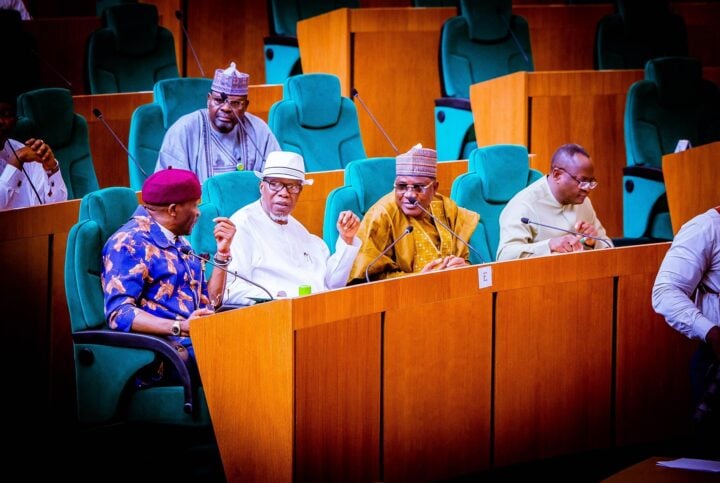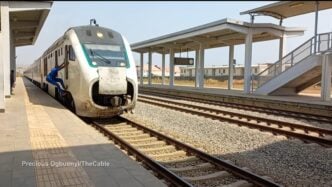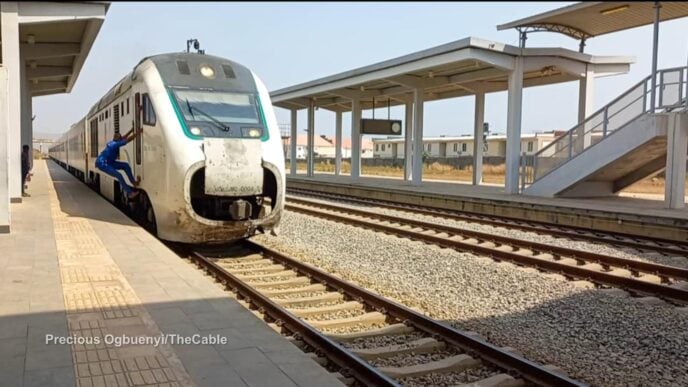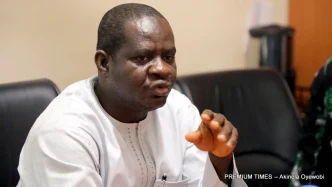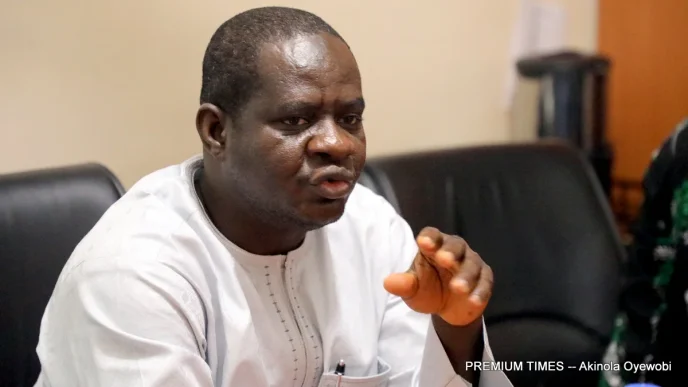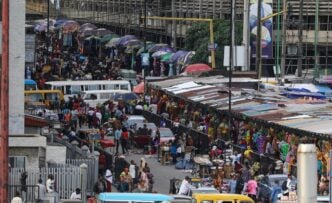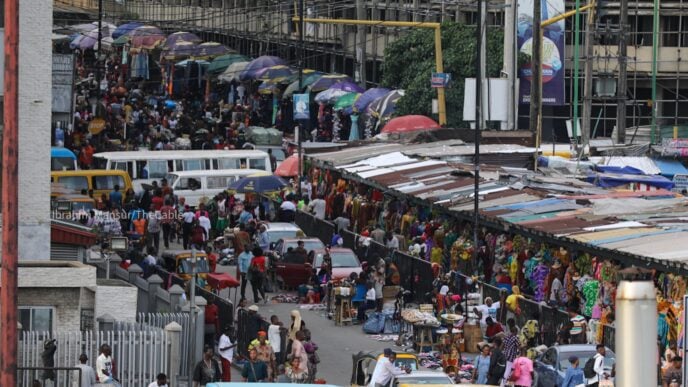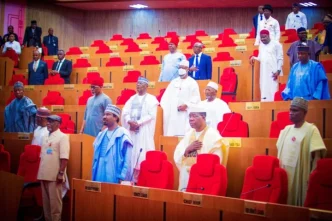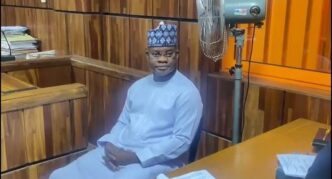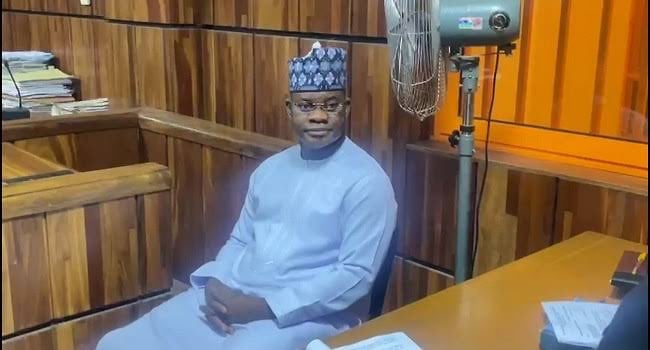House of reps
The house of representatives has condemned a bill by US lawmakers seeking to hold Nigerian government officials accountable for “facilitating the mass murder of Christians”.
The lower legislative chamber said there is no state-sponsored persecution of Christians in Nigeria.
The green chamber passed the resolution during Wednesday’s plenary following the adoption of a motion sponsored by Benjamin Kalu, the deputy speaker, and 359 lawmakers.
THE BILL
Advertisement
Ted Cruz, a US senator, had proposed a bill to protect “persecuted” Christians in Nigeria.
Christened the ‘Nigeria Religious Freedom Accountability Act of 2025’, the legislation seeks to hold Nigerian government officials accountable for “facilitating the mass murder of Christians”.
The proposed bill also calls for “targeted sanctions against Nigerian officials who enforce Sharia and blasphemy laws”; requires the “US secretary of state to designate Nigeria as a country of particular concern”; and requires that “Boko Haram and ISIS-West Africa remain designated as entities of particular concern”.
Advertisement
The bill comes in the wake of growing fears globally about “rising anti-Christian” behaviours in Nigeria, a narrative the federal government has repeatedly rejected.
THE MOTION
Moving the motion, Kalu, the lead sponsor, said the US Commission on International Religious Freedom (USCIRF) recently recommended Nigeria for Country of Particular Concern (CPC) designation, citing persistent violations and state failures to protect against non-state actor abuses.
He said Nigeria’s constitution guarantees freedom of thought, conscience and religion and bars adoption of a state religion, and that successive administrations, security agencies, faith leaders and civil society continue to undertake measures to protect all worshippers and prosecute offenders, as reflected in the US Department of State’s 2023 country chapter and prior reports.
Advertisement
Kalu said the nation’s insecurity is complex, driven by insurgency, criminal banditry, farmer-herder conflict, separatist violence and communal disputes, affecting citizens of all faiths, with international reporting attributing a significant share of fatalities to terrorist groups and criminal gangs rather than state policy or a single religious dynamic.
The deputy speaker said external legislative actions “based on incomplete or decontextualised assessments” risk undermining Nigeria’s sovereignty, misrepresenting facts, straining strategic relations, and unintentionally emboldening violent actors.
THE DEBATE
In his contribution, Julius Ihonvbere, the majority leader, said the bill has scaled second reading in the US senate, and if it is passed into law, it will cost the country more resources to reverse
Advertisement
Nigerians are concerned about existential challenges such as economic, social, and security issues, not religious persecution.
“There is an agenda designed to mark the progress made so far in Nigeria’s democracy,” he said.
Advertisement
Oluwole Oke, a lawmaker from Osun and chair of the house committee on foreign affairs, said the US senate denied Nigerians and Nigerian missions attendance in the bill’s public hearing.
“It is a deliberate attempt to damage Nigeria’s image,” he said.
Advertisement
Billy Osawaru, an Edo lawmaker, described the matter as “global politics”.
He said Nigeria does not have an ambassador to the US who should have engaged the American senate to clarify the situation in Nigeria.
Advertisement
“It is not enough to say we are being targeted, but we must implement a system to fight this. Nigeria does not have an ambassador in the US. If we let this scale through, Nigeria will be the first in Africa,” he said.
Consequently, the house rejected “narratives that frame Nigeria’s security crisis as a singularly religious conflict or as state-sponsored persecution, and reaffirms Nigeria’s constitutional protections for freedom of religion and belief”.
The parliament asked the ministry of foreign affairs and the embassy in Washington, DC to lodge a formal complaint at the United Nations.
The house urged interested US legislators to propose a Nigeria-US joint fact-finding and dialogue.
The committee on legislative compliance is to ensure the execution of the resolutions and to report back to the house within 28 days.
